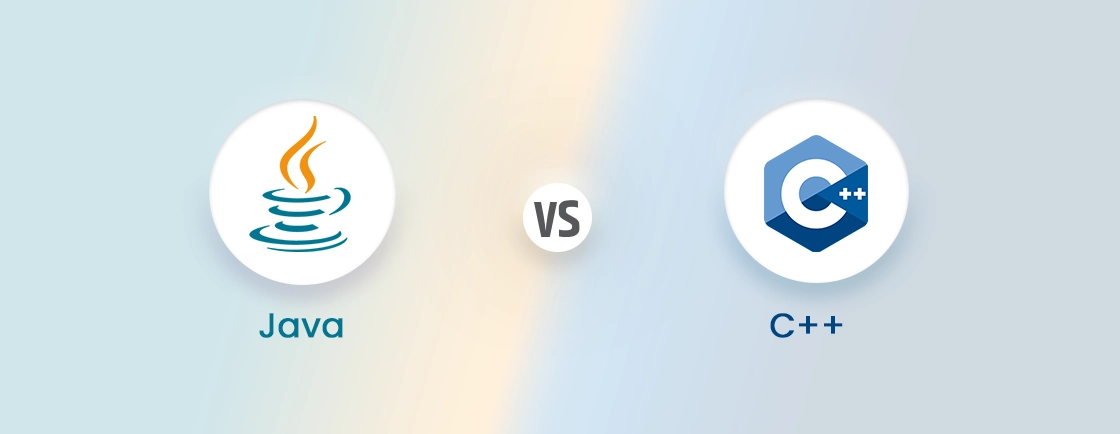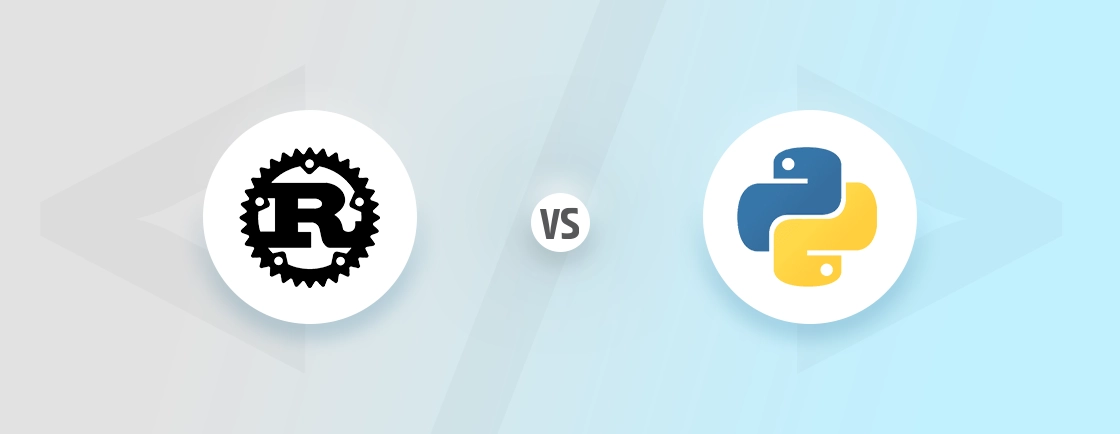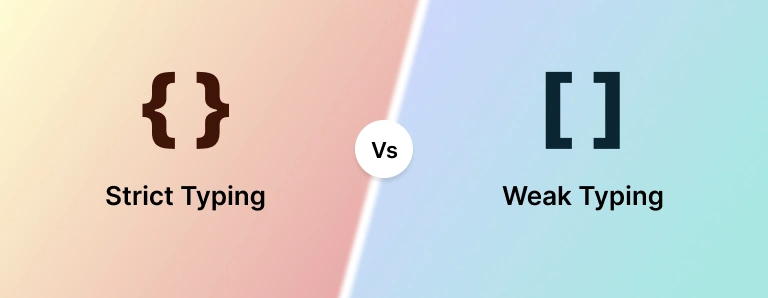Quick Summary
Golang and Laravel serve different needs in web development. Laravel excels in rapid, clean, feature-rich PHP apps with strong tooling and easy prototyping. Golang shines in high-performance, concurrent, cloud-native backends with minimal overhead. This guide compares performance, scalability, learning curve, and use cases, helping developers choose the right tool for their project.
Table of Contents
When people talk about modern web development, Golang and Laravel often come up in the same conversation. They are very different tools, built for different purposes. Yet, teams compare them all the time when choosing what to build with.
Laravel, a PHP framework, shines with rapid development, clear structure, and built-in features like model caching and cloud-ready solutions. It’s ideal for developers who want to build scalable apps without reinventing the wheel.
Golang, or Go, is more direct. It is a statically typed language created for speed and high concurrency. Think busy APIs, real-time apps, and systems that need to stay quick under heavy load. Its garbage collection, backend architecture, and lightweight design give it an edge where performance matters.
In this guide, we’ll dive deep into Golang vs Laravel, comparing performance, scalability, development speed, and real-world use cases. If you’re weighing Laravel vs Go, exploring Go Laravel integration, or curious about PHP vs Golang, this blog will give you a clear, expert perspective. Let’s dive in!
Golang vs Laravel: Comparison Table
| Factor | Golang (Go) | Laravel |
|---|---|---|
| Type | Compiled, statically typed language | PHP-based web framework |
| Performance | Extremely fast (native compilation, minimal runtime overhead) | Slower (interpreted PHP, but optimized with OPcache) |
| Concurrency | Built-in goroutines (lightweight threads) for high scalability | Relies on PHP workers (async possible with Swoole, but not native) |
| Use Cases | Microservices, APIs, cloud apps, CLI tools, high-performance systems | Web apps, CMS, eCommerce, SaaS, rapid prototyping |
| Learning Curve | Moderate (simple syntax but requires understanding of concurrency) | Easy (expressive syntax, MVC structure, extensive docs) |
| Ecosystem | Growing (strong in cloud-native tools like Kubernetes, Docker) | Mature (rich packages like Eloquent, Blade, Laravel Forge) |
| Scalability | Excellent (handles millions of requests efficiently) | Good (scales with proper caching, queues, and DB optimization) |
| Development Speed | Slower (more boilerplate for web apps) | Faster (built-in auth, ORM, templating, and Artisan CLI) |
| Database Support | Works with all (via drivers; no built-in ORM) | Eloquent ORM (supports MySQL, PostgreSQL, SQLite, etc.) |
| Deployment | Single binary (easy to deploy) | Requires PHP server (Nginx/Apache, Composer dependencies) |
Choose Golang if you need speed, scalability, and concurrency (e.g., APIs, microservices, cloud apps). Choose Laravel if you prioritize developer productivity, rapid prototyping, and full-stack web development.
Overview of Golang
Golang (or Go) is an open-source, statically-typed programming language developed by Google in 2009. Designed for performance, simplicity, and scalability, it excels in backend development, cloud-native applications, and distributed systems.
Golang compiles directly to machine code, eliminating interpreter overhead. Its lightweight goroutines (not OS threads) enable massive concurrency with minimal memory usage. The garbage collector optimizes performance, while static typing ensures stability at scale.
Key Features of Golang
- Fast & Efficient: Compiled to machine code, Go delivers near-C-level performance with minimal overhead.
- Built-in Concurrency: Goroutines (lightweight threads) and channels simplify parallel processing, making Go ideal for high-load systems.
- Simple Syntax: Minimalistic and readable, reducing boilerplate while maintaining strong typing.
- Strong Standard Library: Includes robust packages for HTTP, JSON, encryption, and testing.
- Cloud-Native Friendly: Widely used in Kubernetes, Docker, and microservices due to its efficiency in containerized environments.
Pros of Golang
- Blazing Fast: Compiled to machine code, outperforming interpreted languages.
- Built for Concurrency: Goroutines handle thousands of threads efficiently.
- Minimalist Syntax: Easy to read but powerful for systems programming.
- Strong Standard Library: No heavy dependencies for networking, encryption, or HTTP.
- Cloud-native King: Ideal for Kubernetes, microservices, and distributed systems.
Cons of Golang
- Less Web-focused: No built-in templating or ORM (unlike full-stack frameworks).
- Steeper Learning Curve: Requires understanding of pointers, concurrency patterns.
- Younger Ecosystem: Fewer web-dev libraries compared to mature frameworks.
- Verbose for CRUD Apps: More boilerplate than PHP frameworks like Laravel.
Popular Use Cases for Golang
Golang is chosen when speed, concurrency, and reliability matter.
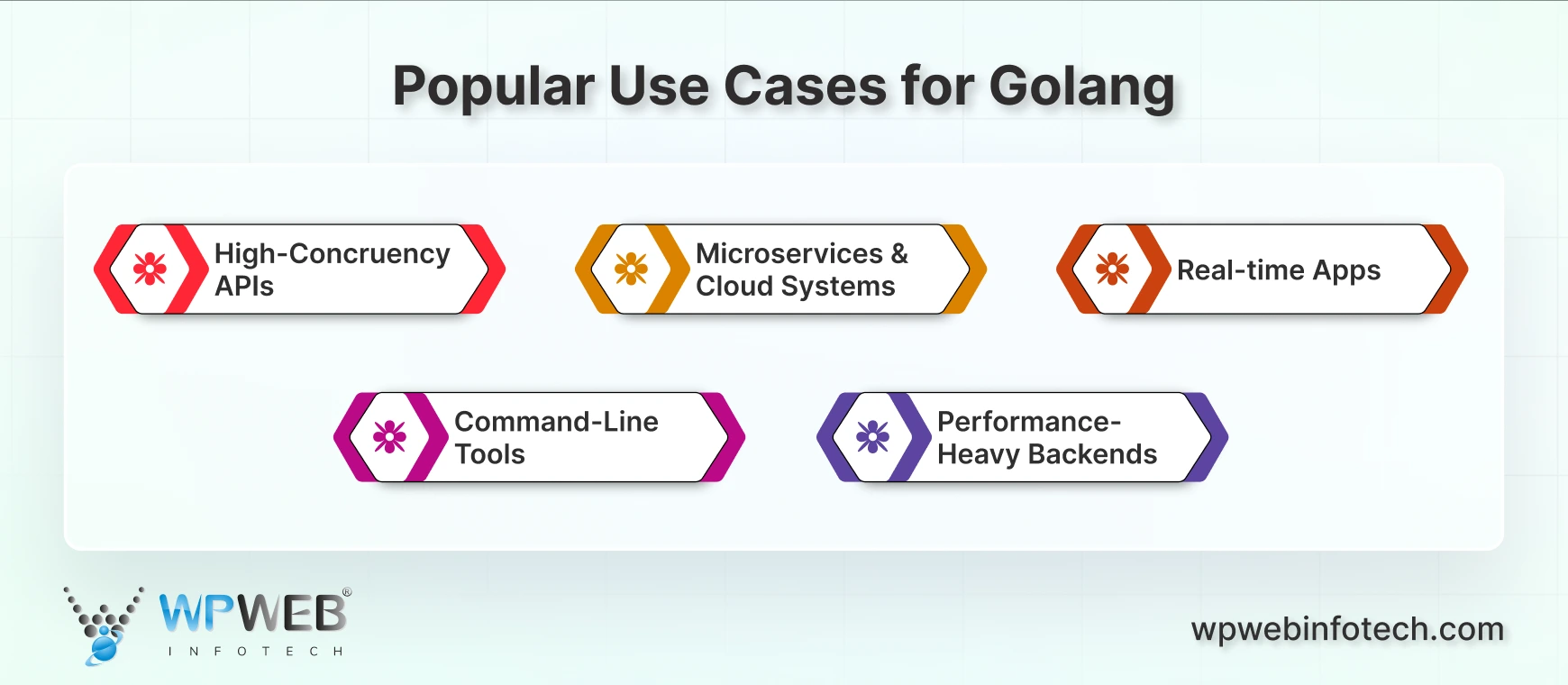
- High-Concurrency APIs: Goroutines handle large request volumes with low memory usage.
- Microservices and Cloud Systems: Common in Kubernetes, Docker, and containerized environments.
- Real-Time Apps: Chat, gaming servers, streaming dashboards benefit from Go’s networking performance.
- Command-Line Tools: Easy to build small, fast executables with the standard library.
- Performance-Heavy Backends: Systems that need fast response times often lean on Go for efficiency.
Go’s speed, scalability, and simplicity make it a top choice for modern backend development. That is especially where low latency and high efficiency are crucial.
Overview of Laravel
Laravel is a free, open-source PHP framework designed for elegant and efficient web application development. Created by Taylor Otwell in 2011, it follows the Model-View-Controller (MVC) pattern and prioritizes developer productivity, clean syntax, and a rich ecosystem.
This framework runs on PHP’s Zend Engine, processing requests through its MVC pipeline. It bootstraps dependencies, routes requests to controllers, and renders Blade templates dynamically. Queues, events, and Eloquent ORM abstract complex tasks into declarative code.
Key Features of Laravel
- Eloquent ORM: A powerful ActiveRecord implementation for seamless database interactions.
- Blade Templating Engine: Lightweight yet flexible, with inheritance and reusable components.
- Artisan CLI: Automates repetitive tasks (migrations, testing, scaffolding) via command line.
- Built-in Authentication & Security: Includes CSRF protection, encryption, and easy user auth setup.
- Robust Ecosystem: Tools like Laravel Forge, Vapor, Nova, and Horizon enhance deployment, server management, and admin dashboards.
Pros of Laravel
- Rapid Development: Artisan CLI, Eloquent ORM, and pre-built auth speed up coding.
- Elegant Syntax: Expressive, developer-friendly PHP with MVC structure.
- Rich Ecosystem: Packages for queues, APIs, real-time apps (Laravel Echo, Horizon).
- Strong Community: Extensive tutorials, Laracasts, and Stack Overflow support.
- Great for Prototyping: Build MVPs and full-stack apps faster than Go.
Cons of Laravel
- Slower Performance: PHP overhead (though optimized with OPcache).
- Scaling Challenges: Requires caching (Redis) and queues for high traffic.
- Monolithic by Default: Not as microservice-friendly as Go.
- PHP Limitations: Weak typing compared to Go’s strict compilation.
Popular Use Cases for Laravel
Laravel is a strong fit for applications where development speed, clean structure, and feature-rich tooling are priorities.
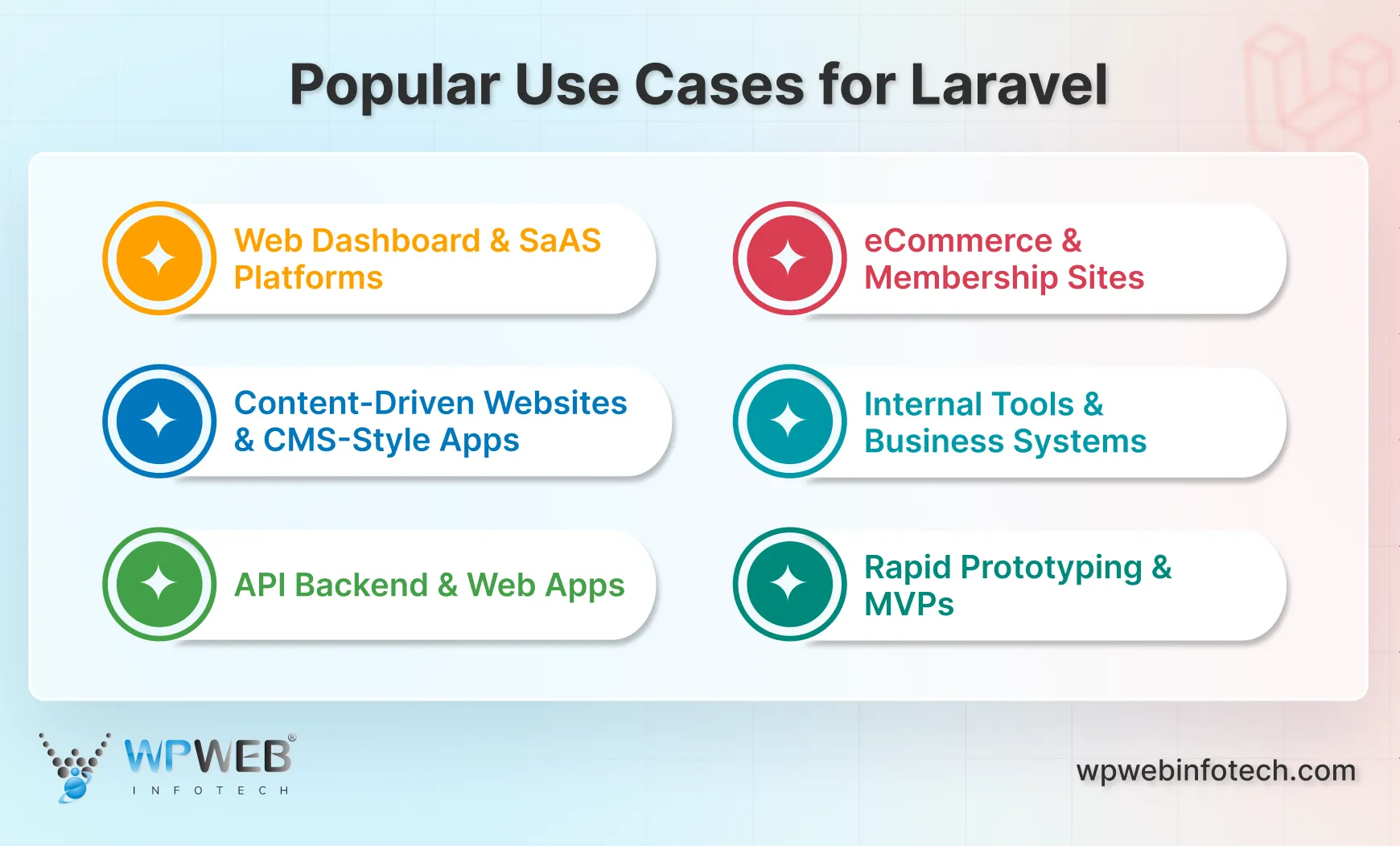
- Web Dashboards and SaaS Platforms: Eloquent ORM and Blade make it easy to build user interfaces and data-driven workflows.
- eCommerce and Membership Sites: Authentication, billing integrations, and role management are straightforward to implement.
- Content-Driven Websites and CMS-style Applications: Laravel’s routing and templating provide a smooth experience for sites that need dynamic content.
- Internal Tools and Business Systems: Artisan, queues, and caching simplify building reliable back-office applications.
- API Backends for Mobile and Web Apps: Laravel handles routing, serialization, and validation cleanly for REST and GraphQL endpoints.
- Rapid Prototyping and MVPs: Pre-built scaffolding and a large package ecosystem allow teams to launch quickly with minimal groundwork.
Laravel offers a developer-friendly approach, scalability, and extensive packages. That makes it a leading choice for modern full-stack PHP development. To that end, you may hire our professional Laravel development company.
Detailed Difference Between Golang and Laravel
The simple difference between Golang and Laravel is that one’s a statically-typed back-end programming language, while the other is a backend framework. Let’s compare them in detail.
Language vs Framework
Golang is a programming language. It’s a foundational tool with syntax, a compiler, and standard libraries for building software from scratch. It offers flexibility but requires manual implementation for web-specific features like routing or ORM.
Laravel is a framework. It’s a structured, opinionated layer atop PHP designed explicitly for web development. It provides built-in solutions (routing, templating, databases) so developers focus on logic rather than infrastructure.
Verdict
Use Golang for low-level control. Use Laravel for convention-driven web development.
Learning Curve
Golang demands understanding core programming concepts like static typing, memory management, and concurrent design patterns. While its syntax is minimalist, mastering its performance-centric paradigm has a steeper initial climb. It’s especially for developers accustomed to interpreted languages.
Laravel prioritizes developer experience with intuitive MVC structure, expressive syntax, and tools like Artisan CLI. PHP’s dynamic typing and Laravel’s “batteries-included” approach flatten the learning curve for web-centric tasks.
Verdict
Laravel is gentler for beginners and web-focused projects.
Performance
Golang delivers native machine-code execution, offering near-C performance with efficient garbage collection. Its lightweight goroutines handle thousands of concurrent tasks with minimal overhead. That makes it ideal for high-throughput systems like APIs or cloud services.
Laravel, running on PHP’s Zend Engine, incurs interpreter latency despite OPcache optimizations. While sufficient for typical web apps, it requires caching (Redis) and queues to approach Go’s raw speed for CPU-bound tasks.
Verdict
Golang dominates latency-sensitive workloads.
Development Speed
Laravel accelerates web development through convention-over-configuration, offering built-in solutions for routing, authentication, and database management. It offers features like Eloquent ORM and Blade templating. So developers can implement complex functionality with minimal boilerplate. It can significantly reduce time-to-market for web applications.
Golang prioritizes flexibility over convenience. It requires manual implementation of web frameworks and architectural patterns. While this offers fine-grained control, it demands more initial setup time compared to Laravel’s ready-made components.
Verdict
Laravel enables rapid prototyping and feature development. But Golang provides more control at the cost of initial velocity.
Scalability and Concurrence
Golang excels at scalability through its lightweight goroutines. That enables effortless handling of 100,000+ concurrent connections within a single process. The language offers native concurrency model and efficient garbage collector. That makes it ideal for distributed systems and real-time applications requiring horizontal scaling.
Laravel achieves scalability through architectural patterns like queue workers, database sharding, and caching strategies. PHP’s shared-nothing architecture helps. But it requires more infrastructure planning compared to Go’s out-of-the-box concurrency capabilities.
Verdict
Golang offers inherent scalability for high-load systems
Ecosystem
Laravel boasts a mature, full-featured ecosystem with official packages (Jetstream, Sanctum) and robust third-party support (Livewire, Nova). The framework provides integrated solutions for nearly every web development need. From authentication to real-time broadcasting, it creates a seamless development experience.
Golang offers a leaner but rapidly growing ecosystem focused on cloud-native development. This language may lack built-in web components. But its standard library covers networking fundamentals, and community-driven projects (Gin, Echo) fill framework gaps effectively.
Verdict
Laravel delivers complete web development tooling with top packages like Bagisto, Debugbar, Sanctum, Socialite, etc.
Support
Laravel benefits from PHP’s massive developer community, offering extensive learning resources like Laracasts, detailed documentation, and active forums. Its commercial ecosystem (Envoyer, Forge) provides professional-grade support options for enterprise users. That makes problem-solving exceptionally accessible.
Golang enjoys strong institutional support from Google and major tech firms. So there’s comprehensive official documentation and growing community resources. Its support network is more technically focused. But it’s bolstered by cloud providers’ native Go integrations and enterprise adoption in performance-critical systems.
Verdict
Laravel has stronger immediate support while Golang’s community is highly technical.
Final Verdict
Both Golang and Laravel are excellent for web projects. Golang is suitable for high-performance systems, microservices, or cloud-native apps. But Laravel can be best for rapid web development, startups, or full-stack projects.
Based on this comparison, if you have decided to go with Laravel, hire our dedicated Laravel developers.
Golang vs Laravel: Which One Should You Choose?
While comparison can be helpful, let’s look at a few scenarios where Golang and Laravel could be helpful.
Choose Golang If You Need
- High-performance APIs & Microservices: Need to handle thousands of concurrent requests with minimal latency (e.g., financial trading, real-time analytics).
- Cloud-native & Distributed Systems: Building scalable cloud infrastructure, Kubernetes operators, or service meshes.
- Network/CLI Tools: Developing networking software, DevOps tools, or efficient command-line utilities.
- Real-time Applications: Powering chat apps, gaming backends, or WebSocket-heavy services.
- CPU-Intensive Workloads: Running heavy computations (data processing, ML inference) efficiently.
Choose Laravel If You Need
- Rapid Web Application Development: Building MVPs, SaaS platforms, or business apps quickly with built-in features.
- eCommerce & CMS Projects: Leveraging packages like Cashier (Stripe/Paddle) or Nova for admin panels.
- Full-Stack Web Apps: Projects needing server-rendered pages with Blade templating + JavaScript frameworks.
- Startups & Agencies: When developer productivity and fast iteration matter more than extreme scale.
- Legacy PHP Modernization: Refactoring older PHP systems with Laravel’s structured, maintainable approach.
These scenarios give you an idea on how you can use these two platforms to create the best web applications.
So, Which is Better, Golang or Laravel?
Finding the best platform depends on your project needs. Choose Golang if you’re building high-performance systems, microservices, or cloud-native applications. That’s where speed, scalability, and concurrency are critical. Choose Laravel if you need rapid web development with built-in features like authentication, templating, and ORM.
If raw power and scalability matter most, Go is unmatched. If fast iteration and a rich web ecosystem are key, Laravel shines.
So, made your decision? Trying to build the best web app with Laravel? Then connect with our Laravel professionals today!
FAQs on Golang vs Laravel
Can Golang replace Laravel?
No—they serve different purposes. Golang lacks built-in web dev tools (ORM, templating), while Laravel isn’t optimized for low-latency systems. Use Golang for backend services and Laravel for full-stack web apps.
Is Golang faster than Laravel?
Yes, significantly. Golang’s compiled nature and goroutines outperform PHP’s interpreted runtime, especially for CPU-heavy tasks. Laravel can optimize with caching (Redis, OPcache) but can’t match Go’s raw speed.
Which is easier to learn: Golang or Laravel?
Laravel (if you know PHP) due to its intuitive syntax and documentation. Golang requires understanding concurrency/pointers but has a simpler core language.
Does Laravel scale as well as Golang?
Not natively. Laravel requires queues (Redis), database optimization, and horizontal scaling. Golang handles concurrency effortlessly with goroutines.
Can Golang replace Laravel?
Golang focuses on performance and concurrency, while Laravel focuses on developer experience and speed of building features. If your project needs high throughput, streaming, or heavy backend workloads, Go is a strong choice. But for dashboards, CMS-style apps, or platforms that need rapid iteration, Laravel is usually faster to build with. They solve different problems.
Is Golang faster than Laravel?
Yes. Golang compiles to machine code and uses lightweight goroutines, so it runs much faster than PHP-based frameworks like Laravel. This difference becomes clear under heavy traffic or real-time communication. Laravel can still perform well, but it often requires caching layers, queues, and optimization to reach similar efficiency.
Which is easier to learn: Golang or Laravel?
Laravel is generally easier for beginners, especially if you’ve worked with PHP before. It has a gentle learning curve, clear documentation, and a familiar MVC structure. Golang is simpler in syntax but requires understanding concurrency, static typing, and lower-level behavior. So Laravel feels faster to pick up, while Golang requires more technical grounding.
Does Laravel scale as well as Golang?
Laravel can scale, but it usually relies on caching systems, queues, load balancing, and horizontal scaling strategies. Golang scales more naturally due to its concurrency design and efficient runtime. If your application expects massive throughput or real-time load, Go handles that with less overhead. But for many business applications, Laravel scaling is more than sufficient.
Still Confused Between Golang and Laravel?
Get personalized guidance from our experts to choose the best backend technology for your project and business goals.



